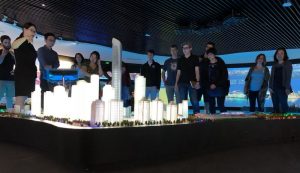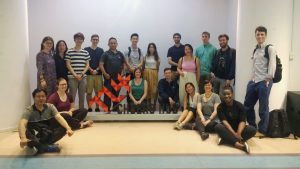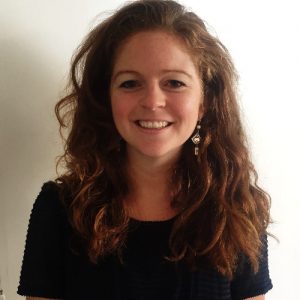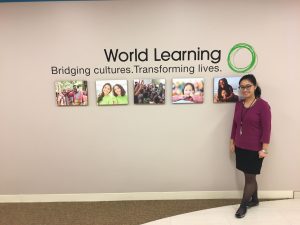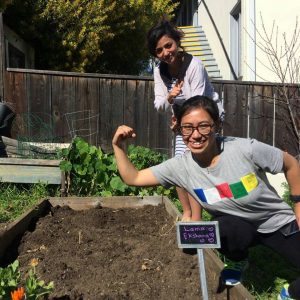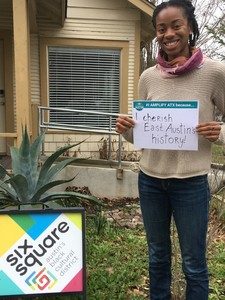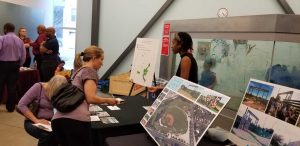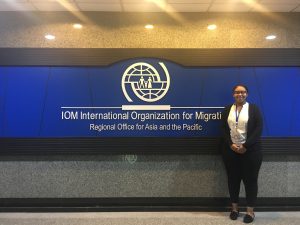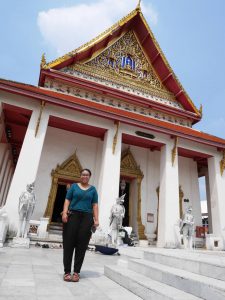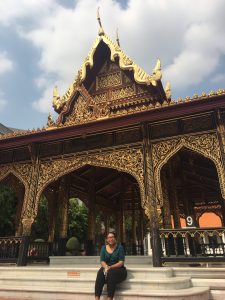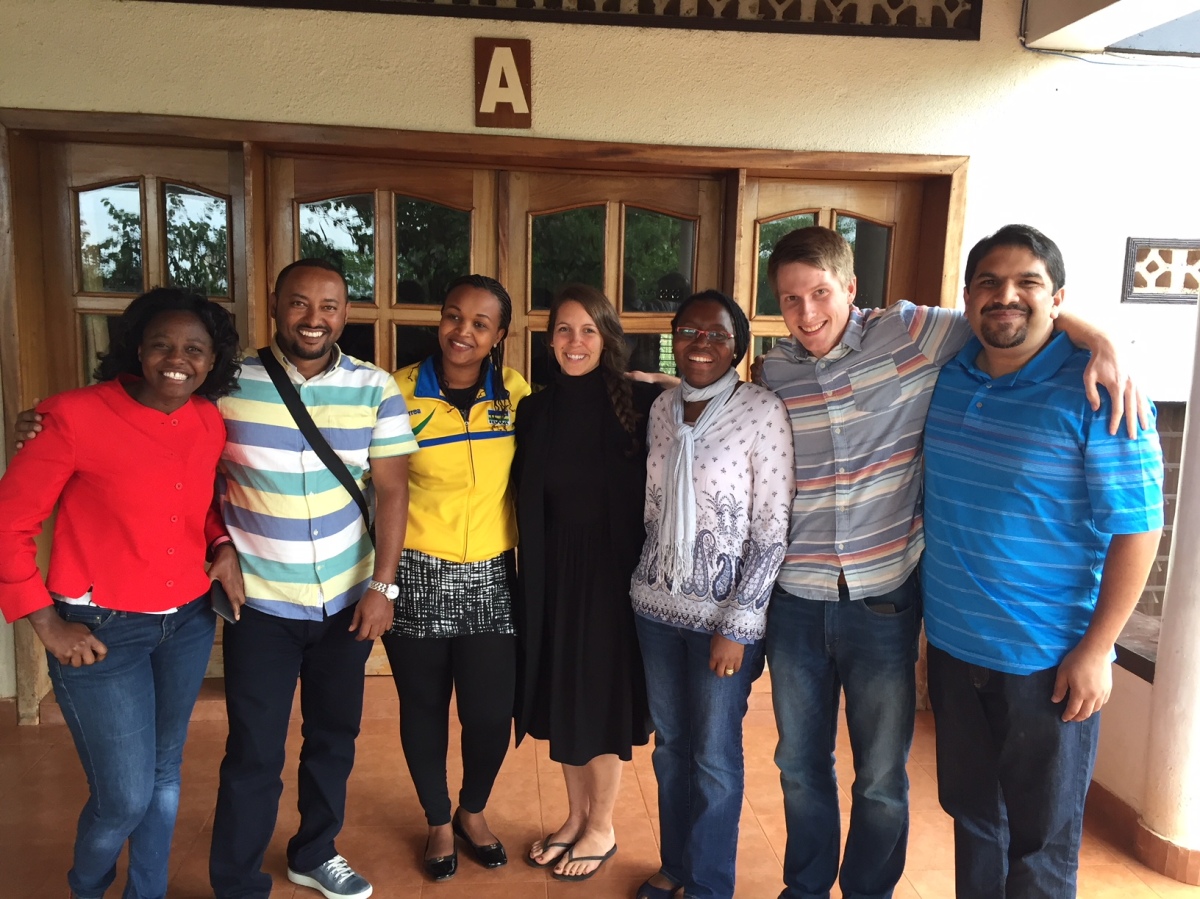Monday, February 18th, 2019
INVITING APPLICATIONS for the Jan Knippers Black Human Rights Protection Fellowship Award
Inviting applications for the Jan Knippers Black Human Rights Protection Fellowship Award, funded by the Jan Knippers Black Fund for Human Rights Protection which was established in 2018 in the name of Professor Jan Knippers Black – writer, teacher, and life-long campaigner for human rights; she has served 28 years on the MIIS faculty and six years on the national board of Amnesty International.
Applications for this opportunity are invited from all MIIS students, and particularly second year students. Alumni of MIIS are also eligible to apply The chosen candidate will intern with Amnesty International USA for an eight-week assignment in Washington, DC. The Fellowship provides funding ($2,000) that is matched by Amnesty International to cover wages during the assignment ($15/hour @35 hours/week). Recipient is responsible for travel to and from work site and room and board while on assignment.
To apply for this opportunity, please submit a resume/CV plus up to two pages highlighting relevant experience and academic work in the far-reaching field of human rights as well as aspirations for future promotion of human rights protection. Applications are due March 18, 2019. Send materials via email, attention Carolyn Taylor Meyer at cmtaylor@miis.edu
Candidates are screened first by a committee at MIIS and finalists will be notified by March 25. A short list of candidates will then be reviewed by Amnesty International USA who will select the Fellowship recipient by April 15. The recipient must begin their assignment within six months of selection.
Subject to AIUSA permission, students may use their learning experience as material for credit-bearing immersive learning or other practicum; however, they are not eligible for other immersive-learning funds. Students on academic loans, the funds would be applied to the holder of the debt. The Fellowship will be awarded annually at the Fund’s Human Rights Speakers Series public program and the recipient will receive a $2,000 stipend.
Please direct questions about this opportunity to Carolyn Taylor Meyer, Director of Immersive Professional Learning and Special Programs at 647-6417, cmtaylor@miis.edu.
INTERNSHIP DESCRIPTION OF WORK
The Advocacy/Government Relations Program is part of Amnesty International USA (AIUSA), which works to promote human rights in the U.S. and worldwide. AIUSA is dedicated to holding the U.S. government and governments around the world accountable to international human rights obligations and commitments. The Advocacy/Government Relations Program leads AIUSA’s policy advocacy targeting U.S. lawmakers. Interns will have the opportunity to work on federal advocacy on human rights issues in Washington, D.C. and gain valuable experience by working directly with the Advocacy team.
The GR team works to advance the advocacy agendas of AIUSA’s priority campaigns, AI’s response to crises and our ongoing programmatic areas either by region or theme. Currently AIUSA’s priority campaigns are
• Addressing the Global Refugee Crisis internationally and from here in the U.S.
• Ending Gun Violence in the U.S., and
• Protecting Human Rights Defenders around the world.
AIUSA’s Government Relations Team
Joanne Lin, National Director of Advocacy and Government Affairs
Adotei Akwei, Dep Dir. For Advocacy and Government Relations and covers sub-Saharan Africa
Daniel Balson, Advocacy Director for Europe and Central Asia for Amnesty International USA.
Francisco Bencosme, Asia Pacific Advocacy Manager
Charanya Krishnaswami, Advocacy Director for the Americas
Philippe Nassif, Advocacy Director for the Middle East and North Africa
Ryan Mace, Grassroots Advocacy and Refugee Specialist
Background on GR Internships
Interns will engage in human rights research and advocacy including but not limited to developing and implementing advocacy strategies and materials, contact with governmental bodies and officials, conducting legislative research, drafting memoranda and briefing documents, blogs, managing databases, analyzing emerging areas of relevant law and government policy, tracking the progress of legislation in the United States Congress, and learning about the international human rights framework.
This will include reading and research on:
- The latest Amnesty International reports.
- The AIUSA website on AIUSA priority Campaigns including on Refugees, Ending Gun Violence and Human Rights Defenders.
- Using congress.gov, look at current legislation concerning human rights, especially in the House Foreign Affairs Committee, Senate Foreign Relations Committee, and Dept. of Homeland Security, and Judiciary Committee.
- Following Amnesty International and AIUSA on Twitter and Facebook, including regional accounts like AINigeria, AISouth Africa, AIFrance and AIUK.
- Learning about the differences in jurisdiction of committees, specially the Tom Lantos Human Rights Commission, Senate/ House Judiciary Committee, House Homeland Security Committee, and the foreign affairs regional subcommittees.
- Learn about the work of our partners: Torture Abolition and Survivors Support Coalition (TASSC) International, Human Rights Watch, and Freedom House, Crisis Group and others
Tasks and Assignments
• Interns will be responsible for researching and documenting issues related to U.S. foreign policy and human rights in their area of focus, as well as attending and summarizing briefings, hearings, and other NGO events.
• Scheduling and holding regular meetings with the Country Specialist -Groups and the Advocacy Directors
• Helping implement Social Media initiatives such drafting Blogs, tweets and other platforms, helping draft Op-Eds helping manage GR webpage on AIUSA website
• Attending Congressional hearings and briefings and other NGO briefings and conferences reporting back on those events to staff, Country Specialists and IS staff as appropriate.
• Distributing AI materials to government officials, policy makers, think tanks and peer organizations through appropriate platforms such as CQKnowlegis Leadership Directories
• Supporting Grassroots and member actions and activities as needed
Lessons learned by completing those assignments
- An understanding of the U.S.Foreign Policy machinery and process regarding human rights.
- US Congressional operations and politics.
- Challenges and opportunities working within a global human rights NGO.
- Real time experience with issues related to International Affairs.
- Learning to write for Impact
- Core advocacy skills: strategic research, communications, targeting, working in coalitions
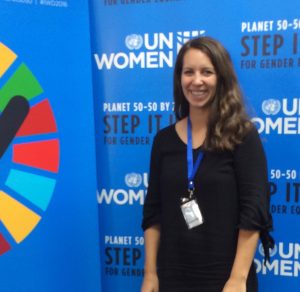

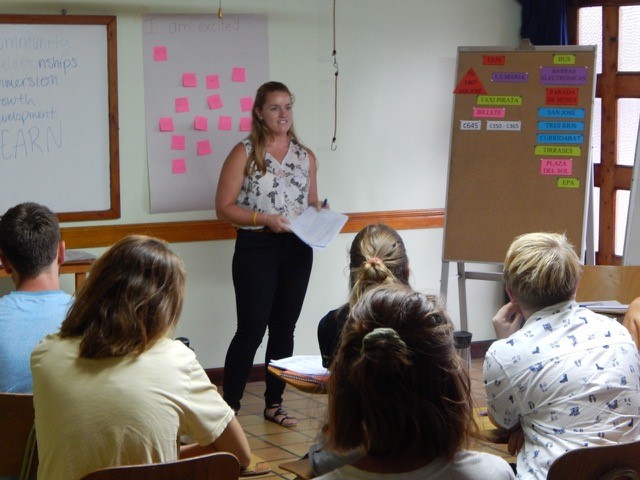
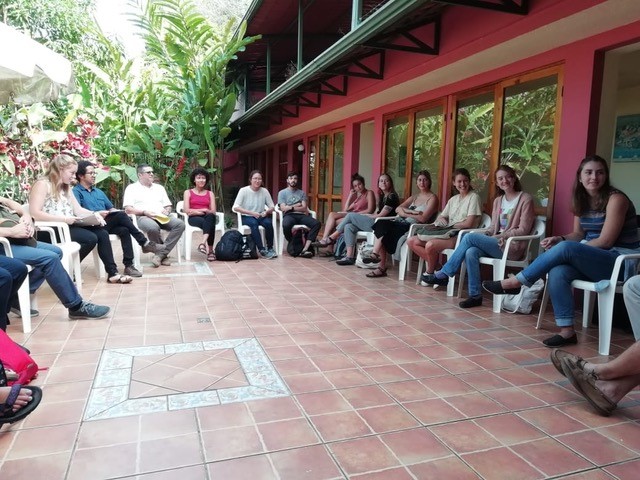
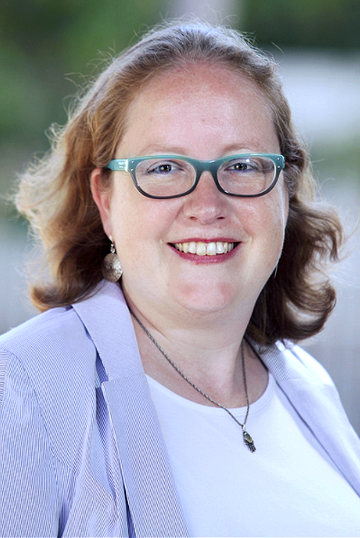 A conversation with TESOL/TFL and DPP/IEM Professor and the Chair of the Intercultural Competency (ICC) Specialization, Netta Avineri, about the specialization’s recent development, successes and future. Previous to Fall 2017, students were only required to take a total of 8 credits in ICC to graduate. Now students have the opportunity to acquire an ICC specialization with 16-credits of coursework. If you would like to learn more about the ICC specialization and opportunities in the ICC field, please contact Prof. Avineri at
A conversation with TESOL/TFL and DPP/IEM Professor and the Chair of the Intercultural Competency (ICC) Specialization, Netta Avineri, about the specialization’s recent development, successes and future. Previous to Fall 2017, students were only required to take a total of 8 credits in ICC to graduate. Now students have the opportunity to acquire an ICC specialization with 16-credits of coursework. If you would like to learn more about the ICC specialization and opportunities in the ICC field, please contact Prof. Avineri at 
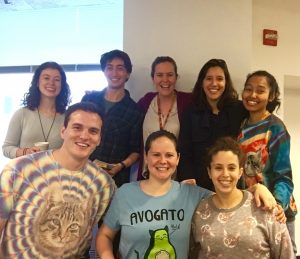

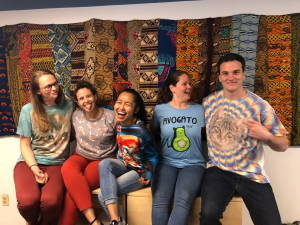

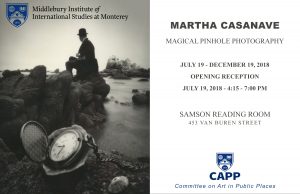 The
The 
